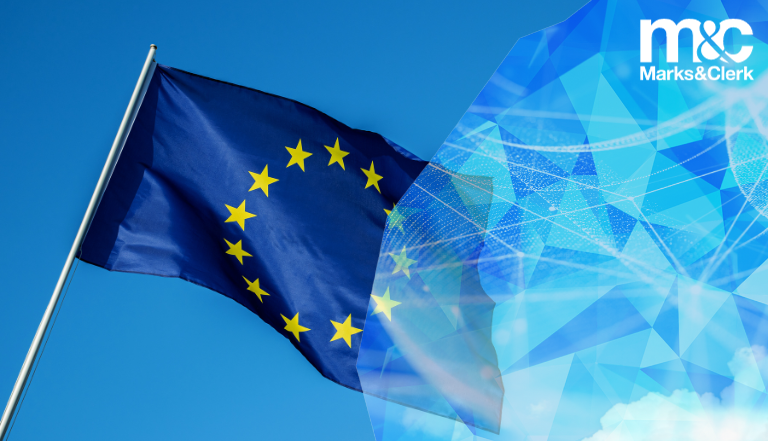What is the AI Act?
The European Union is set to implement an Artificial Intelligence Act, that once approved will be the world’s first regulatory legislation on Artificial Intelligence.
The Act places legal requirements and obligations on developers, providers and users of AI Systems, which vary according to the level of risk the AI system is deemed to use. The Act is far-reaching and requires compliance from developers, providers and users of AI systems both within and outside the EU (if supplying AI systems, services or system outputs for use within the EU).
When will the AI Act come into effect?
The first draft of the Act now been approved by the European Parliament, and after final negotiations and revisions, could come into effect as soon as 2025. Therefore, preparations to mitigate risk and ensure compliance should begin promptly.
Research for legitimate purposes and AI components provided by open-source libraries are excluded from the obligations and regulations of the Act. However, such exemptions are not available for all types of AI.
What changes will the AI Act implement?
At the centre of the AI Act is the classification of AI systems, according to their perceived risk to health, safety, democracy and the law. Associated with each class of risk – minimal, limited, high and unacceptable - are regulations and obligations that must be complied with. The extent, seriousness and cost of each of the regulations and obligations increases with the risk. The Act also sets to introduce a public database of high-risk AI systems and an AI regulatory sandbox.
What are the consequences of the AI Act?
There are steep penalties for non-compliance, with fines up to € 20,000,000 EUR or, up to 4% of a company’s total global annual turnover for the preceding financial year. If competition law and GDPR enforcement are anything to go by, the EU and individual Member State authorities will not hold back when it comes to making an example of serious transgressors.
Is there any action needed from Marks & Clerk clients?
Marks & Clerk is now applying its expertise in this area to advise clients on how to prepare for the Act coming into action in terms of disclosures they may have to make to regulatory authorities and drafting patent claims with compliance in mind.
We are a leading firm in AI, with the highest AI patent grant rate of any firm of European patent law attorneys (IPC code G06N (2017-2023) (ipQuants)). Our deep understanding of both the technological and legal dimensions to AI systems and the patents that incorporate them, allows us to provide unparalleled expertise on upcoming legislation changes.
If you are interested in learning more about AI and Intellectual Property, please contact one of our attorneys.
We are also pleased to announce the release of our latest AI report (2023), with a special feature on AI in MedTech.



